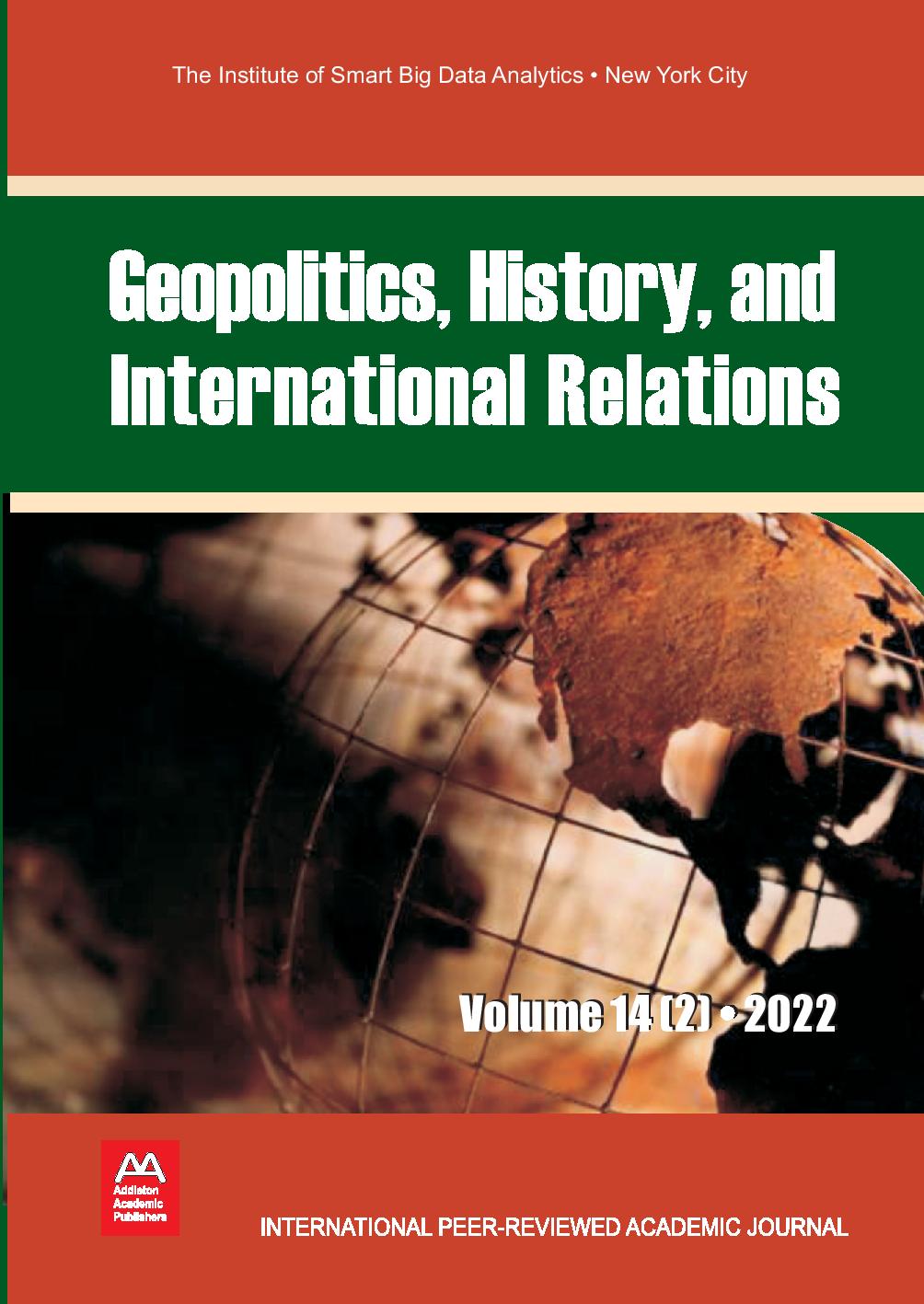The Geopolitics of Smart Urban Governance: 3D Space Mapping Algorithms, Digital Twin Simulation and Virtual Reality Modeling Tools, and Cloud Computing and Image Recognition Technologies
The Geopolitics of Smart Urban Governance: 3D Space Mapping Algorithms, Digital Twin Simulation and Virtual Reality Modeling Tools, and Cloud Computing and Image Recognition Technologies
Author(s): Jessica BradfordSubject(s): Governance, Rural and urban sociology, ICT Information and Communications Technologies, Geopolitics
Published by: Addleton Academic Publishers
Keywords: geopolitics; smart urban governance; 3D space mapping algorithms; digital twin simulation and virtual reality modeling tools; cloud computing and image recognition technologies;
Summary/Abstract: The purpose of this study is to examine urban analytics tools, spatial computing and data fusion technologies, and deep learning and neural network algorithms. In this article, I cumulate previous research findings indicating that smart city digital twins, virtual reality mapping, and urban sensing technologies enable data-driven smart sustainable urbanism. I contribute to the literature on urban digital twins, Internet of Things-based decision support systems, and cloud computing and geospatial mapping technologies by showing that virtual urban environments require smart city technologies, digital twin simulation modeling, and 5G hyper-connected networks. Throughout June 2022, I performed a quantitative literature review of the Web of Science, Scopus, and ProQuest databases, with search terms including “the geopolitics of smart urban governance” + “3D space mapping algorithms,” “digital twin simulation and virtual reality modeling tools,” and “cloud computing and image recognition technologies.” As I inspected research published between 2021 and 2022, only 168 articles satisfied the eligibility criteria. By removing con- troversial findings, outcomes unsubstantiated by replication, too imprecise material, or having similar titles, I decided upon 27, generally empirical, sources. Data visualization tools: Dimensions (bibliometric mapping) and VOSviewer (layout algorithms). Reporting quality assessment tool: PRISMA. Methodological quality assessment tools include: AXIS, Dedoose, MMAT, and SRDR.
Journal: Geopolitics, History, and International Relations
- Issue Year: 14/2022
- Issue No: 2
- Page Range: 88-103
- Page Count: 16
- Language: English
- Content File-PDF

